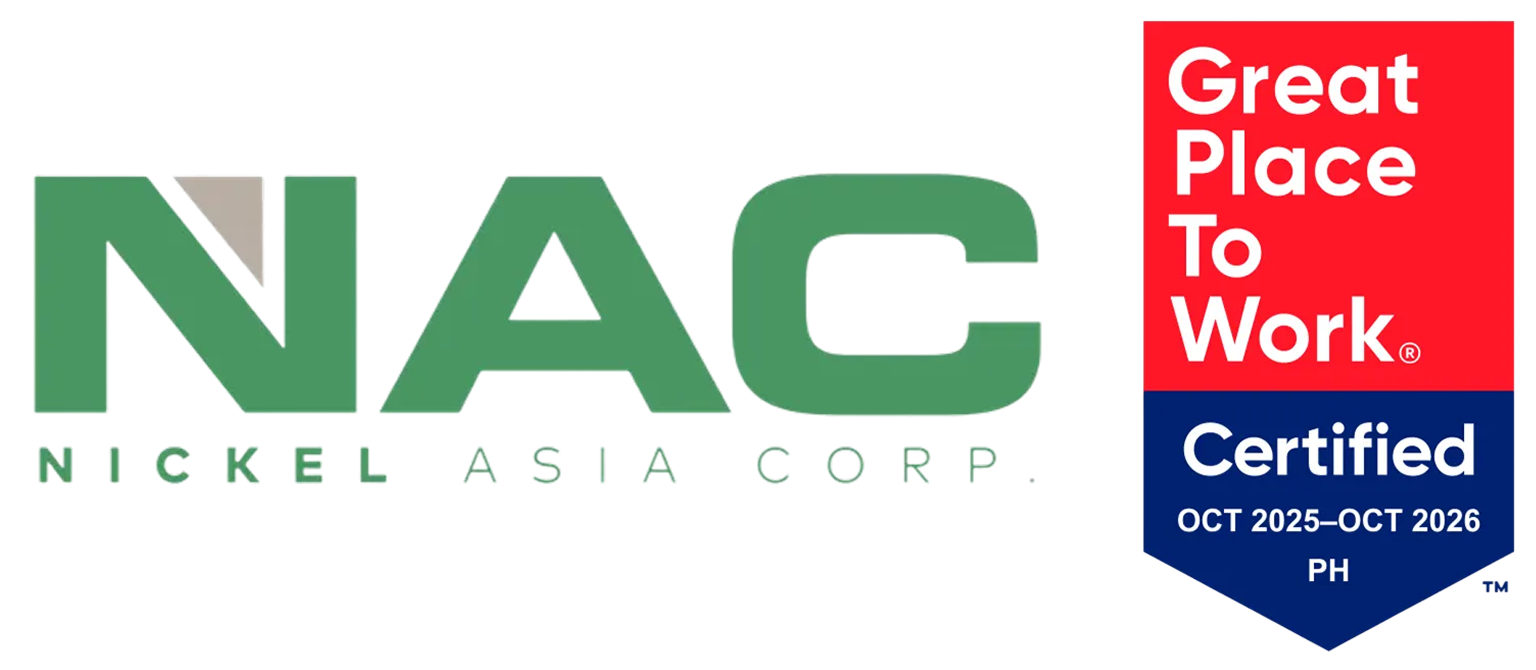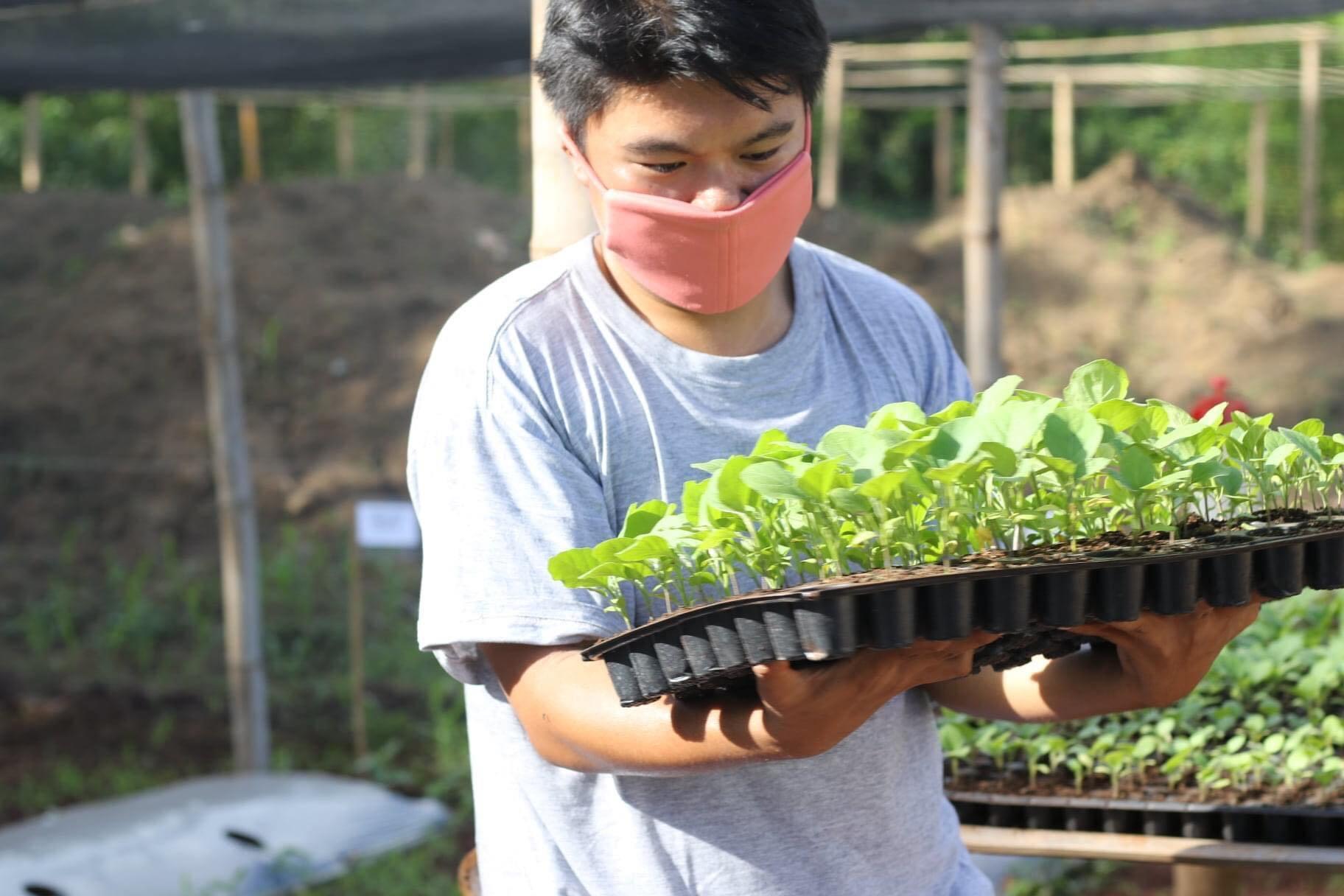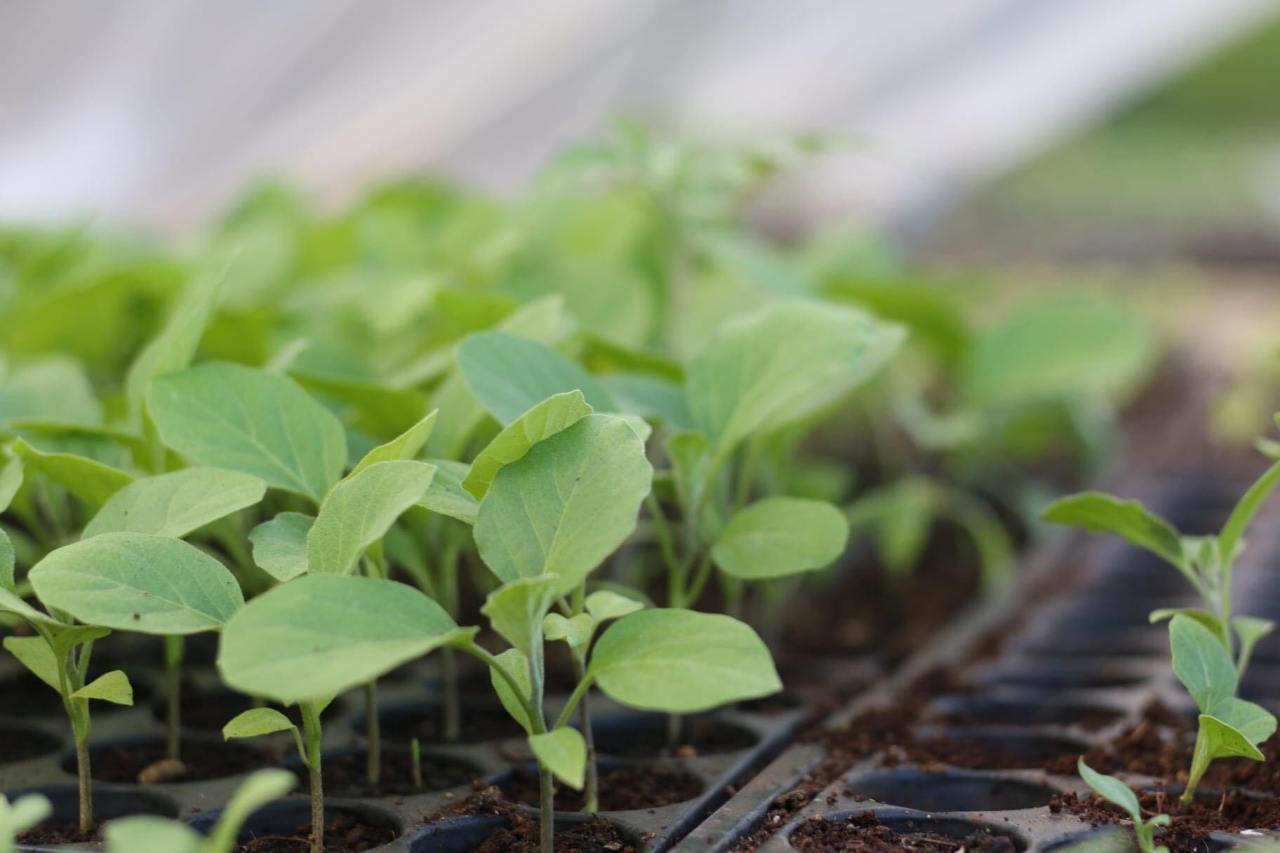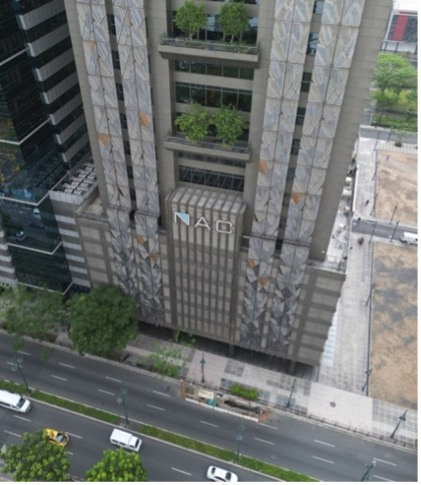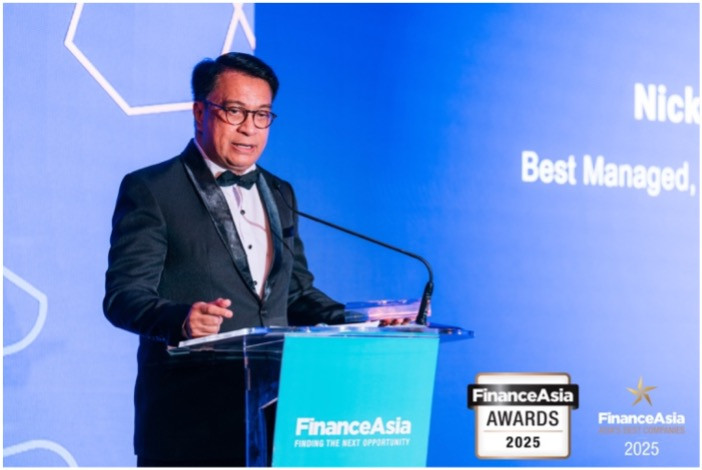Rio Tuba Nickel Mining Corporation (RTNMC) continues to improve lateritic topsoil for the purpose of agriculture and rehabilitation projects in the community through a series of experiments it has been conducting since 2018.
Rio Tuba Nickel Mining Corporation (RTNMC) continues to improve lateritic topsoil for the purpose of agriculture and rehabilitation projects in the community through a series of experiments it has been conducting since 2018.
Blitz Paeste, Mining Technology and Geosciences coordinator, said that RTNMC is at the stage of determining the best feed mix ratio of solid wastes to upgrade the soil compost into fertilizer status.
The soil compost is produced by feeding the feed mix into a bioreactor filled with inoculants to increase the decomposition rate.
Paeste said that they are forming 100 kilograms (kg.) of manure, 100 kg of carbonized rice hull,100 kg. of sawdust, 150 kg. of kitchen wastes, and 50 kg. of soil compost to meet the 500-kg daily feed requirement of the bioreactor.
“Iti-test namin siya sa lateritic topsoil ng RTNMC, sabay naming ginagawa namin ‘yong testing stage ng soil compost at paghanap ng feed ratio,” he said.
Paeste said that RTNMC HAS formed a partnership with the community where the wastes are made available for collection.
After the run of the study, the company is aiming to mass-produce a soil compost that could also be a fertilizer. Paeste said that they want to upgrade their product to the country’s standard of soil fertilizer.
The study and the upgrading of the product would run until the year 2023.
Aside from farmers and individuals who venture into agriculture, this could also benefit the community members who are doing ornamental planting, he said.
RTNMC is also identifying how much the soil compost will it cost once produced by the community.
“Itong project na ito ay in partnership with Department of Science and Technology (DOST), sila ‘yong nag-assist sa amin, basically na-prepare nila ang RTN for this program. Nagkaroon lang ng slight hurdle or challenges sa waste collection kasi medyo nakakaligtaan ang segregation,” he said.
Based on the research of RTNMC, ultisols or strongly leached red soils (laterites) in the subtropics, like in the Philippines, have low fertility and organic matter contents (Citing Zhao et al. in 2000).
The company aims to address the fertility deficiency by testing the soil compost using tomatoes and eggplants, and bamboo in the rehabilitation sites of the company.
It also eyes to help its partner barangays under the SDMP-Development of Host and Neighboring Communities in 2021.
If the project gains good feedback from the community, Nickel Asia Corporation (NAC) will roll out the project to its other subsidiary companies.
